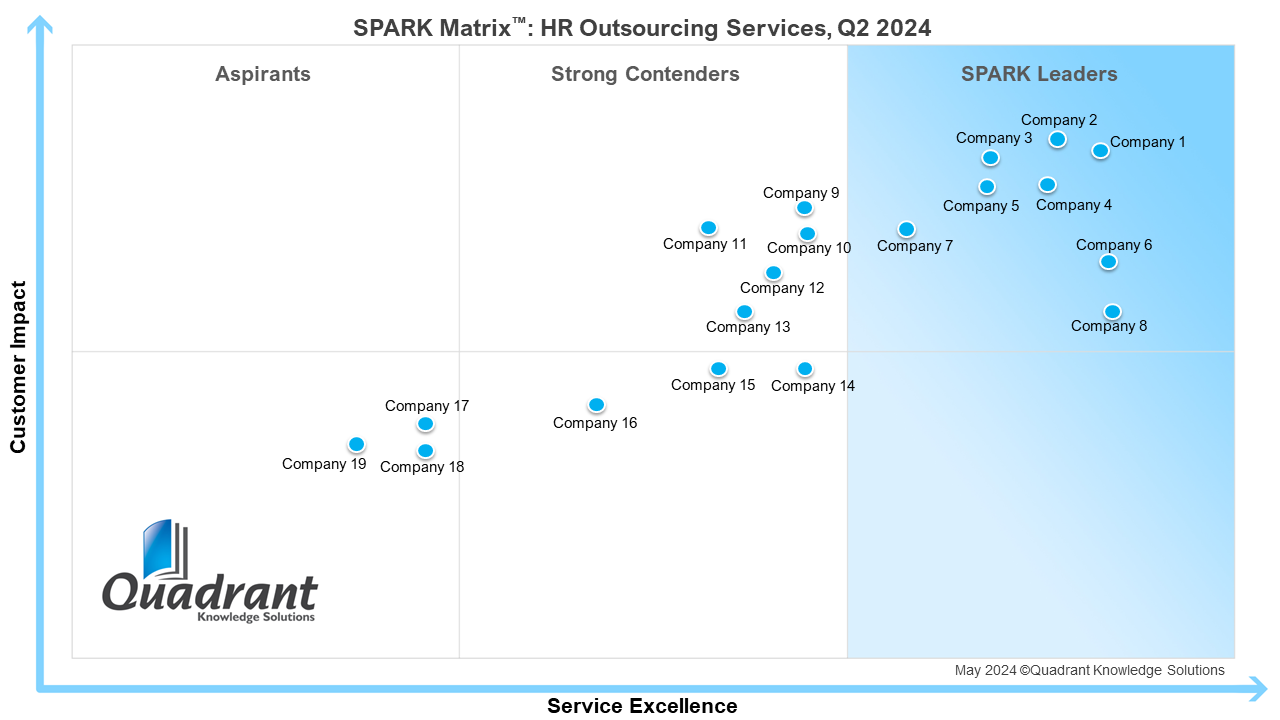The Future of HR: Why Outsourcing Is the Key to Smarter, Scalable People Management

In today’s fast-paced business landscape, organizations are under immense pressure to optimize operations, enhance employee engagement, and maintain compliance—all while focusing on their core strategic goals. Managing human resources internally can be resource-intensive and complex, particularly for growing companies juggling recruitment, payroll, benefits, and performance management simultaneously. This is where Human Resource Outsourcing (HRO) services step in as a strategic game-changer.
By delegating HR functions to specialized external providers, businesses can streamline administrative workloads, access top-tier expertise, and create a more agile and compliant HR ecosystem. From payroll processing to employee onboarding, modern HR outsourcing is no longer just a cost-cutting measure—it’s a catalyst for smarter, data-driven workforce management.
The Rise of HR Outsourcing: A Strategic Shift
The evolution of HR outsourcing reflects a larger shift in how companies view business efficiency. Previously, organizations treated HR outsourcing as a back-office function to reduce overhead. Today, it has emerged as a strategic partnership designed to enhance employee experience, ensure legal compliance, and enable business scalability.
According to industry research, the global HR outsourcing market continues to grow steadily, driven by increasing demand for flexibility, digital transformation, and cost-effective solutions. Small and medium-sized enterprises (SMEs) are particularly benefiting from outsourcing HR operations, as it allows them to compete with larger corporations by leveraging expert services without the heavy infrastructure investment.
Core Functions of HR Outsourcing Services
HR outsourcing providers deliver an end-to-end suite of services that address nearly every aspect of workforce management. The following are the key areas where HRO adds value:
1. Payroll Processing and Benefits Administration
Accurate and timely payroll management is one of the most critical HR tasks—and also one of the most complex. Outsourcing ensures payroll accuracy, tax compliance, and on-time salary disbursements while managing employee benefits such as health insurance, retirement plans, and reimbursements. Advanced HRO platforms automate these processes, reducing human errors and enhancing transparency.
2. Recruitment and Onboarding
Talent acquisition is evolving into a data-driven science. HRO providers use AI-based recruitment tools and applicant tracking systems to streamline hiring. They identify qualified candidates faster, manage interviews, and ensure smooth onboarding experiences. This not only shortens hiring cycles but also improves retention by setting the right tone for new employees.
3. Performance Management and Employee Engagement
Outsourced HR partners bring structured performance review frameworks, employee development programs, and real-time analytics to monitor workforce productivity. These insights help organizations recognize top performers, manage underperformance, and create customized career growth plans.
4. Compliance and Risk Management
Labor laws, tax regulations, and employment standards vary across regions and industries. HRO providers continuously track regulatory changes and ensure that their client organizations remain compliant. This minimizes legal risks, avoids penalties, and safeguards corporate reputation.
5. Training and Learning Management
HRO services often include employee learning and development (L&D) programs designed to enhance skills, promote professional growth, and align with organizational goals. Outsourcing L&D helps businesses maintain a competitive edge in evolving markets.
The Benefits of HR Outsourcing
1. Operational Efficiency and Cost Savings
Outsourcing HR eliminates the need for extensive in-house HR infrastructure and staffing. Automated workflows and centralized systems reduce administrative overhead, enabling HR teams to focus on strategic initiatives rather than repetitive tasks.
2. Access to Expertise and Technology
Top HRO providers invest in advanced HR technologies—such as cloud-based HR platforms, AI analytics, and automation tools—that many companies cannot afford to implement independently. Clients gain access to these technologies, along with a team of experts specializing in HR strategy, compliance, and employee engagement.
3. Scalability and Flexibility
As businesses grow or experience seasonal fluctuations, HR needs can change dramatically. Outsourcing provides scalable solutions that adapt to organizational requirements, whether hiring surges, new market expansions, or regulatory updates.
4. Improved Employee Experience
By outsourcing administrative tasks, HR teams can devote more time to employee engagement, well-being, and culture-building. Streamlined processes also result in faster issue resolution and improved communication—factors that directly influence job satisfaction.
5. Enhanced Compliance and Risk Mitigation
Staying compliant with local and global employment regulations is critical. HRO providers ensure that payroll, benefits, and labor practices adhere to evolving laws, minimizing legal risks and ensuring operational integrity.
Technology as the Backbone of Modern HRO
The digital transformation of HR outsourcing has revolutionized how services are delivered. Cloud-based platforms enable real-time collaboration, centralized data storage, and mobile access to HR resources. AI and machine learning are transforming recruitment, performance analytics, and employee support—making HR smarter, faster, and more responsive.
For instance, AI-driven analytics help predict turnover, identify skill gaps, and optimize workforce planning. Meanwhile, automation tools handle repetitive tasks such as attendance tracking, report generation, and payroll reconciliation, freeing HR leaders to focus on strategy.
Building Strong Partnerships for Long-Term Success
The best HR outsourcing relationships go beyond contracts—they operate as collaborative partnerships. Successful vendors immerse themselves in their clients’ business culture and goals, tailoring HR strategies to align with long-term growth. Transparency, communication, and shared data insights ensure mutual trust and continuous improvement.
Businesses also benefit from the ability to benchmark HR performance against industry standards, identify optimization opportunities, and implement best practices derived from the HRO provider’s experience across multiple sectors.
The Future of HR Outsourcing
The next generation of HR outsourcing will be data-driven, AI-enhanced, and employee-centric. We will see increased adoption of predictive analytics to forecast workforce trends, personalized HR experiences through chatbots and self-service portals, and deeper integration with cloud ecosystems.
Furthermore, as remote and hybrid work models continue to expand, HR outsourcing providers will play a pivotal role in helping organizations manage distributed teams, ensure compliance across geographies, and maintain cohesive company cultures.
- Art
- Causes
- Crafts
- Dance
- Drinks
- Film
- Fitness
- Food
- Παιχνίδια
- Gardening
- Health
- Κεντρική Σελίδα
- Literature
- Music
- Networking
- άλλο
- Party
- Religion
- Shopping
- Sports
- Theater
- Wellness



